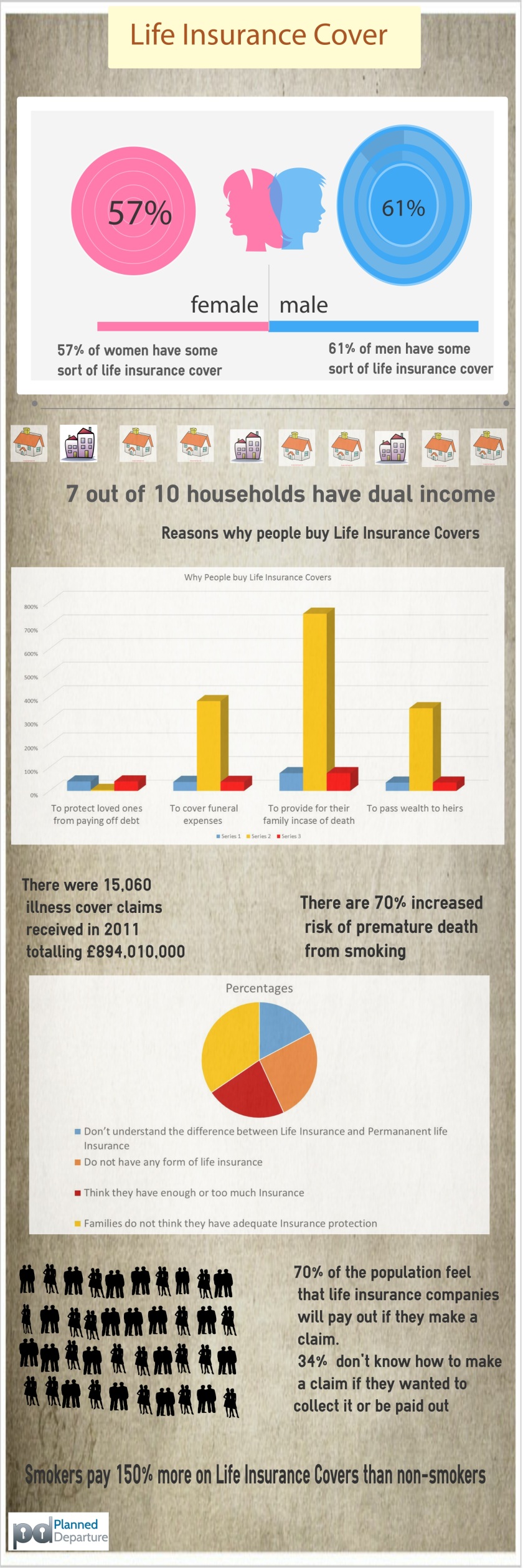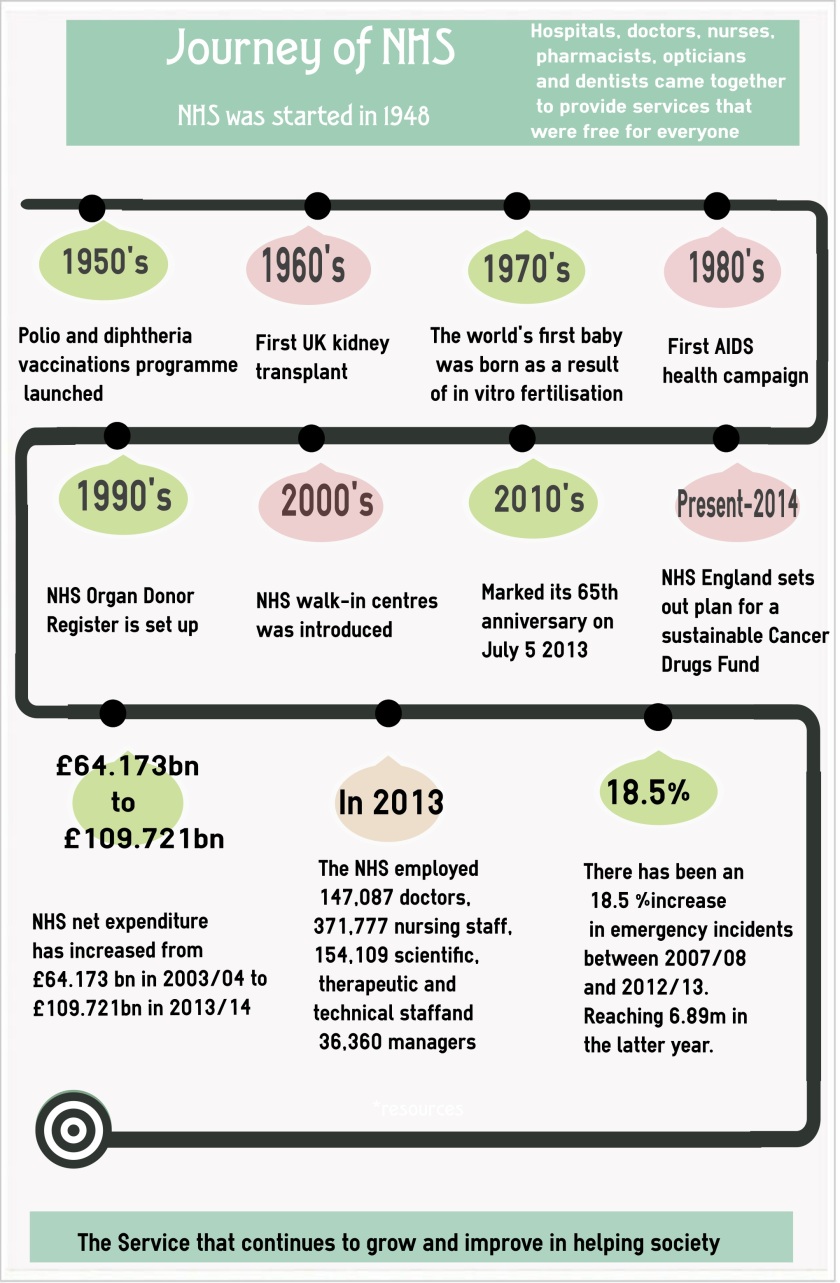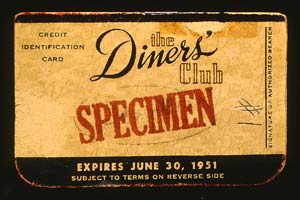Few people below the age of fifty ever consider writing a Will. There is this belief that Wills are for elderly, wealthy people yet a Will can go beyond deciding who should inherit the family castle. Look at it this way – creating a Will ensures that your loved ones receive items of sentimental as well as monetary value.
It’s interesting how many wealthy people die without a Will or don’t update their Will to suit a change in their circumstances. Such an example is Peter Brocks.
In cases where a Will isn’t made the deceased’s property will be shared out according to certain rules. Under these rules only married or civil partners and close relatives can inherit possessions owned by the deceased.
If someone makes a Will that is not legally valid it is down to the State to decide how the estate will be shared out, not the wishes expressed in the Will.
Whilst in many cases people invest in professional help when making a Will it is possible to write your own. Something which can be done from home and without a solicitor. However care and advice must be taken to ensure that a home produced Will is a legal document.
One of the main reasons people opt for DIY is because of cost. Tesco sells their DIY Will kit for £10, Last Will and Testament by Lawpack for £9.99.
A solicitor charges between £95 and £150 for a simple Will, yet their advice and the assurance that this is a legal document may be worth the additional cost.
Either way it is worth checking out what common mistakes are made in DIY Wills:
• Failing to take account of the possibility that a beneficiary may die either before the person making the will or before the estate is settled.
• Lack of formal requirements needed to make a Will legally valid.
• Changing the Will without a signature or witness. If these alterations are not signed and witnessed, they are invalid.
If all the money and property owned isn’t accounted for the property might fall under the rules of intestacy.
Solicitors have detailed guidelines that are designed to avoid foul play and vary from state to state. Making your own Will without these guidelines often renders the Will worthless since it is not in the right format.
Possibly one of the most cost effective routes is to produce your own Will and pay for a solicitor to ensure it is a legally binding document. Certainly it will offer all concerned peace of mind.
If you found this informative, please share.












